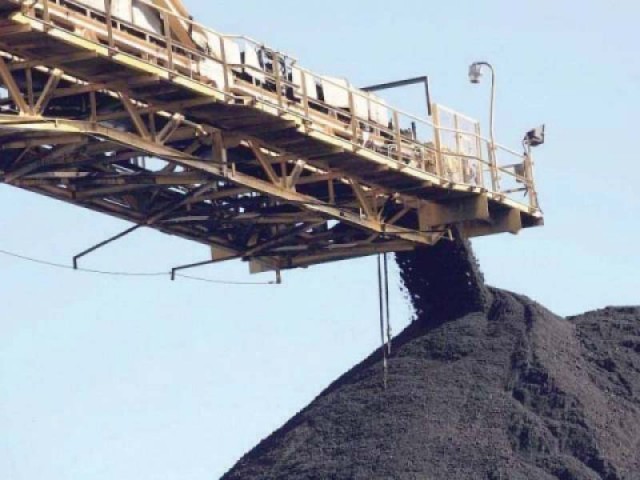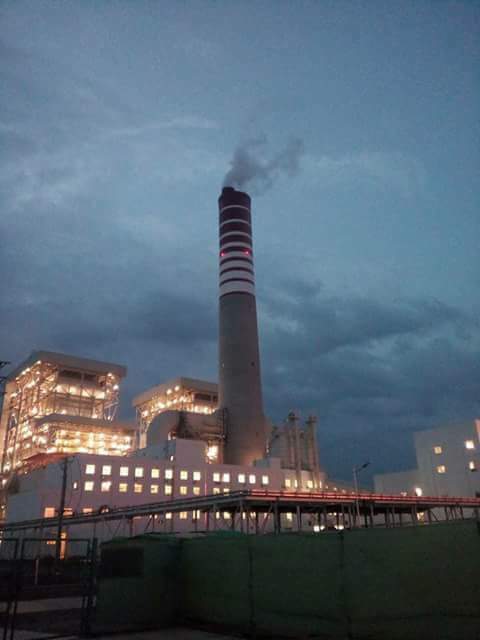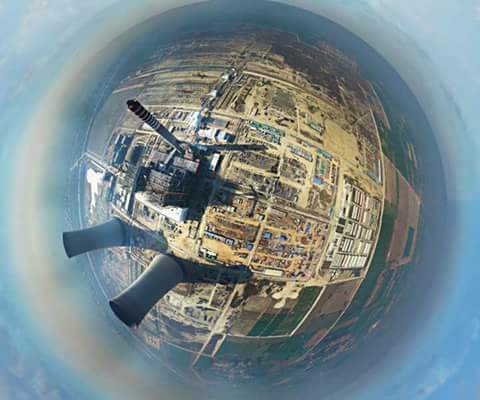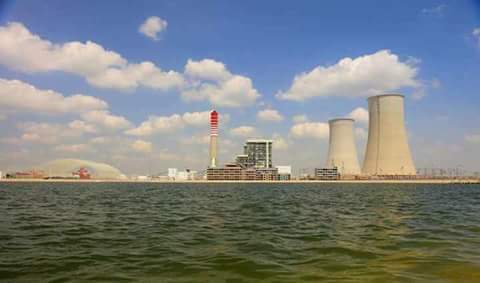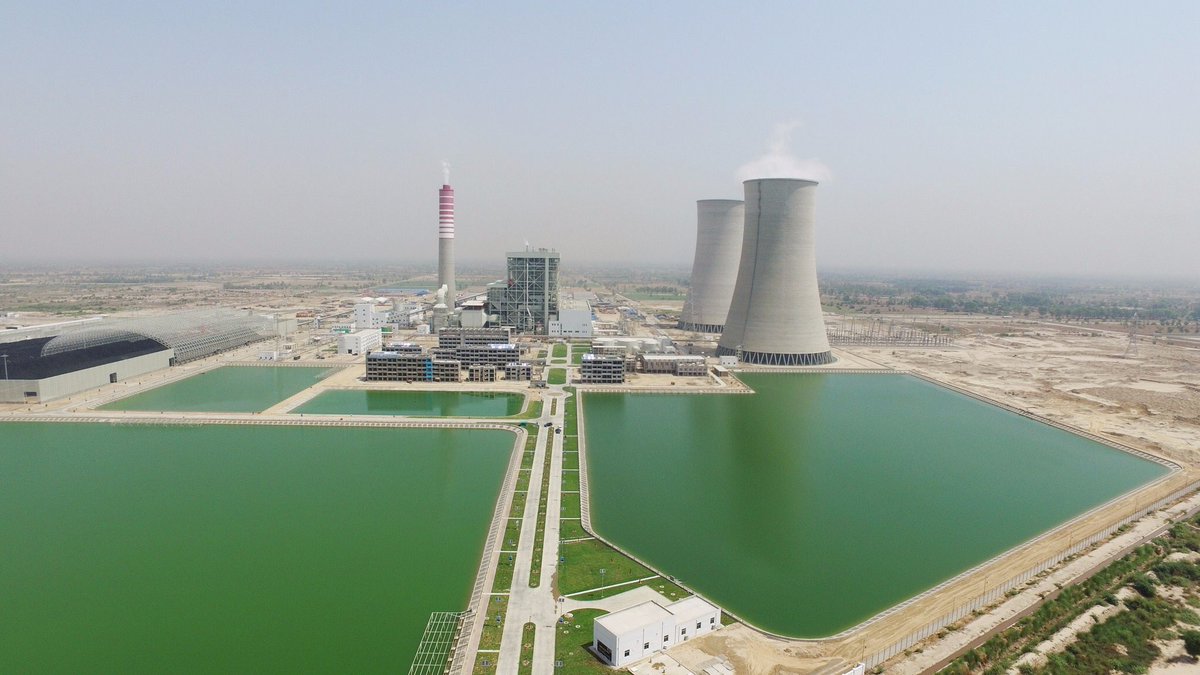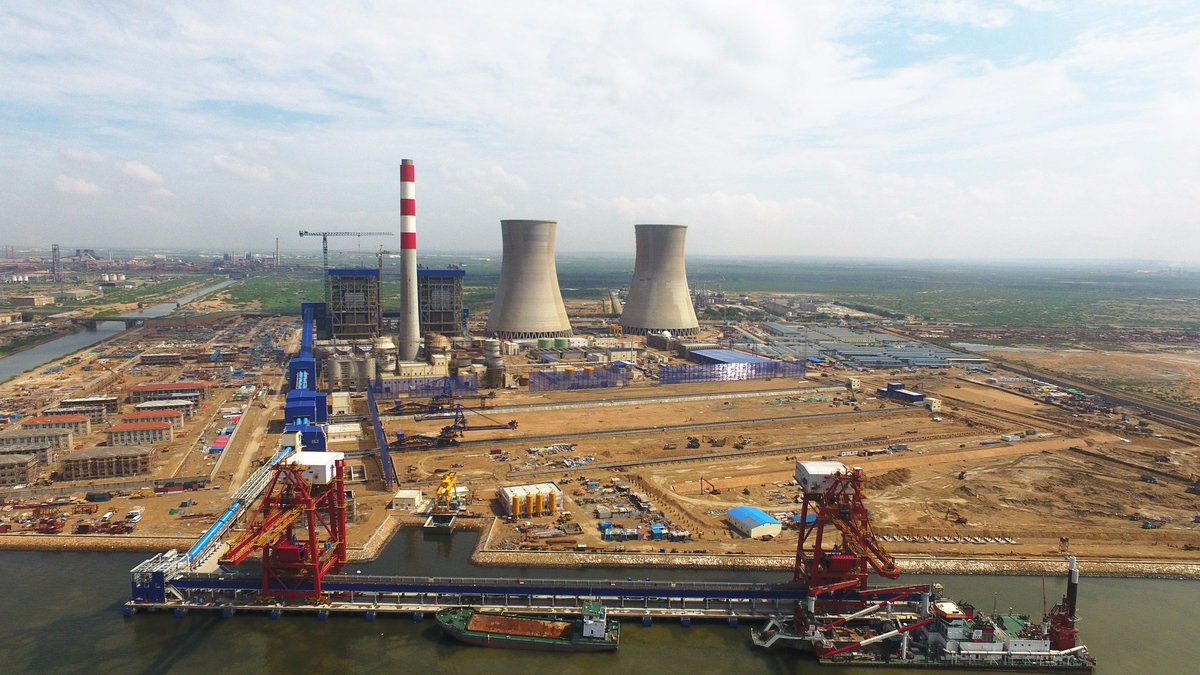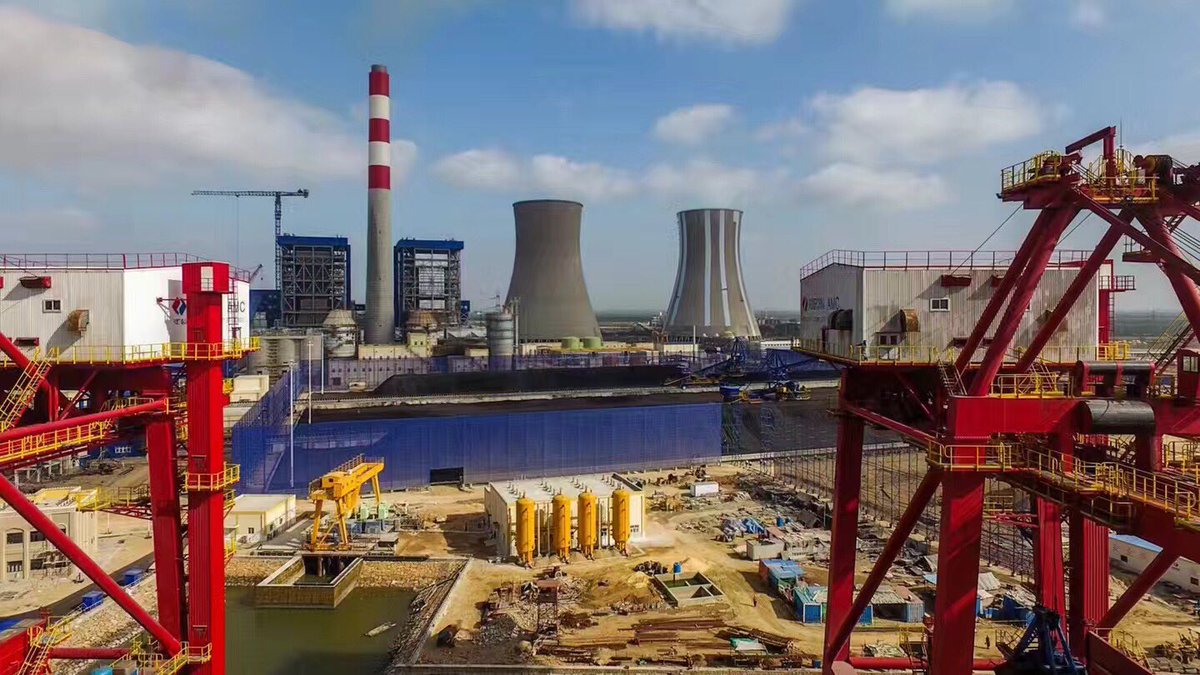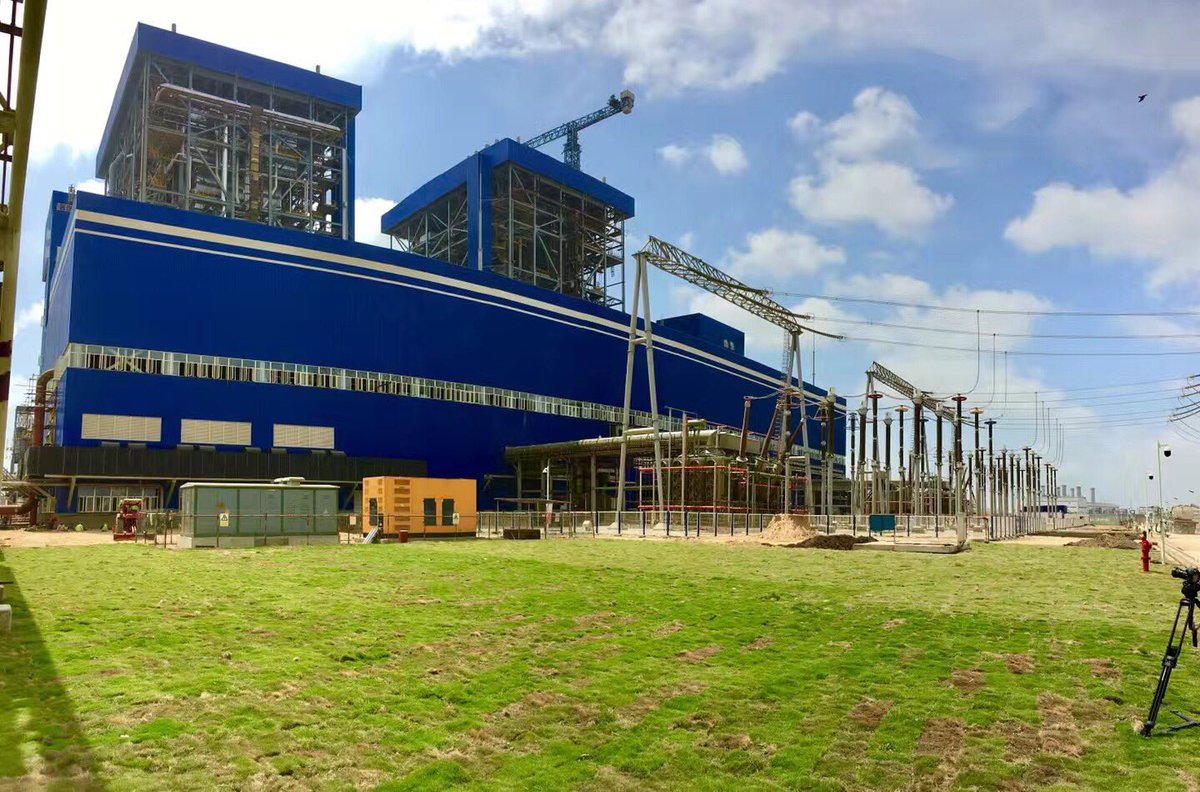Arrival of Boiler Parts at Thar Block II Power Plant Moves Pakistan Toward Energy Goals
July 04, 2017 at 08:07pm
The
175 billion tons of lignite coal beneath Pakistan’s Thar Desert is sufficient to produce 100 gigawatts (GW) of power for more than 30 years. The first facility to tap this enormous national resource, the Thar Block II Power Plant, has just achieved an
important milestone with the arrival of key equipment parts from GE.
A part of national plans to address Pakistan’s energy deficit, this major step toward the development of the 660 megawatt (MW) power plant includes delivery of critical parts for boilers, including cyclones, water walls, tubes sections, soot blowers and air preheaters.
As the country’s first project firing Pakistani Thar lignite, the Thar Block II plant will deliver numerous benefits, including helping to reduce the pressure on foreign exchange reserves, supporting Pakistan’s energy independence, and promoting the country’s goal under Vision 2025 to increase the percentage of indigenous sources of power generation to over 50%. For years, this domestic resource has remained unused, in part because of the high moisture content of the lignite, which makes it difficult to burn – but all that is about to change.
“We are committed to supporting the development of Pakistan’s energy sector and economy through the completion of this strategic project that utilizes a domestic fuel source,” said Dr. Sacha Parneix, Commercial General Manager for GE’s Steam Power Systems business in the Middle East, North Africa, Turkey and Pakistan.
The Thar Block II Power Plant is expected to be commissioned in 2019. GE is providing two 330 MW circulating fluidized bed (CFB) boilers for the project. The cyclones that have been delivered are particularly important core components of the CFB boilers and help to effectively recirculate combustion exhaust gas (flue gas) to ensure the reliable, slow and complete combustion of low-calorific fuels such as Thar lignite. In addition, the technology helps to minimize the amount of nitrogen oxides released, while capturing sulfur oxides, thus reducing the plant’s overall environmental footprint.
“Tapping this resource offers a cost-effective means to meet a part of the energy deficit in the country, and we are proud to bring GE’s leading technologies to support this strategic initiative,” said Sarim Sheikh, President & CEO of GE Pakistan and Central Asia.
Arrival of Boiler Parts at Thar Block II Power Plant Moves Pakistan Toward Energy Goals July 04, 2017 at 08:07pm The 175 billion tons of lignite coal beneath Pakistan’s Thar Desert is sufficient to produce 100 gigawatts (GW) of power for more than 30 years. The first facility to tap this enormous national resource, the Thar Block II Power Plant, has just achieved an important milestone with the arrival of key equipment parts from GE. A part of national plans to address Pakistan’s energy deficit, this major step toward the development of the 660 megawatt (MW) power plant includes delivery of critical parts for boilers, including cyclones, water walls, tubes sections, soot blowers and air preheaters. As the country’s first project firing Pakistani Thar lignite, the Thar Block II plant will deliver numerous benefits, including helping to reduce the pressure on foreign exchange reserves, supporting Pakistan’s energy independence, and promoting the country’s goal under Vision 2025 to increase the percentage of indigenous sources of power generation to over 50%. For years, this domestic resource has remained unused, in part because of the high moisture content of the lignite, which makes it difficult to burn – but all that is about to change. “We are committed to supporting the development of Pakistan’s energy sector and economy through the completion of this strategic project that utilizes a domestic fuel source,” said Dr. Sacha Parneix, Commercial General Manager for GE’s Steam Power Systems business in the Middle East, North Africa, Turkey and Pakistan. The Thar Block II Power Plant is expected to be commissioned in 2019. GE is providing two 330 MW circulating fluidized bed (CFB) boilers for the project. The cyclones that have been delivered are particularly important core components of the CFB boilers and help to effectively recirculate combustion exhaust gas (flue gas) to ensure the reliable, slow and complete combustion of low-calorific fuels such as Thar lignite. In addition, the technology helps to minimize the amount of nitrogen oxides released, while capturing sulfur oxides, thus reducing the plant’s overall environmental footprint. “Tapping this resource offers a cost-effective means to meet a part of the energy deficit in the country, and we are proud to bring GE’s leading technologies to support this strategic initiative,” said Sarim Sheikh, President & CEO of GE Pakistan and Central Asia.












